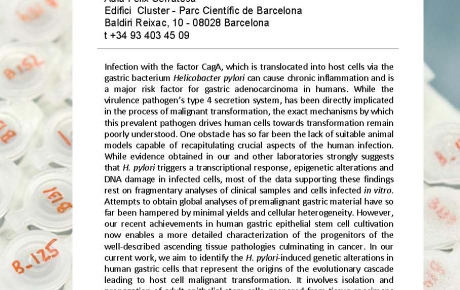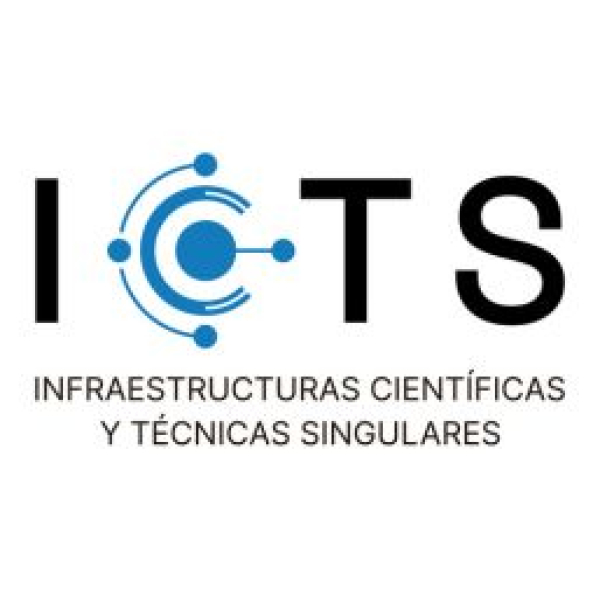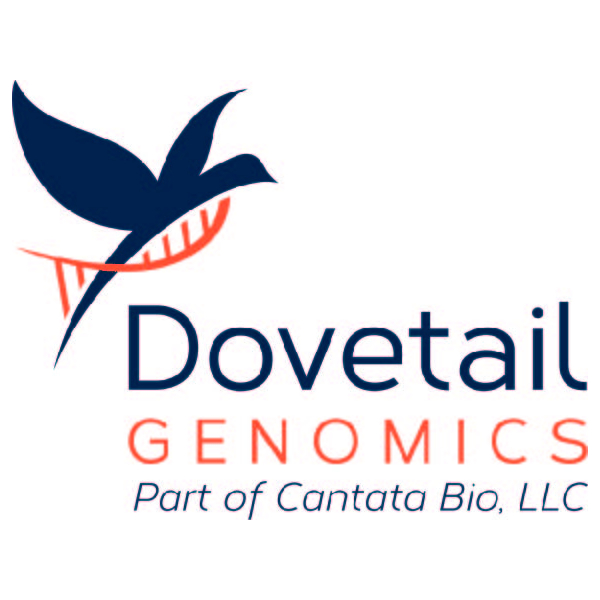Friday, July 17th 2015 – 10 am
Aula Fèlix Serratosa
Edifici Cluster - Parc Científic de Barcelona
Baldiri Reixac, 10 - 08028 Barcelona
t +34 93 403 45 09

Infection with the factor CagA, which is translocated into host cells via the gastric bacterium Helicobacter pylori can cause chronic inflammation and is a major risk factor for gastric adenocarcinoma in humans. While the virulence pathogen’s type 4 secretion system, has been directly implicated in the process of malignant transformation, the exact mechanisms by which this prevalent pathogen drives human cells towards transformation remain poorly understood.
One obstacle has so far been the lack of suitable animal models capable of recapitulating crucial aspects of the human infection. While evidence obtained in our and other laboratories strongly suggests that H. pylori triggers a transcriptional response, epigenetic alterations and DNA damage in infected cells, most of the data supporting these findings rest on fragmentary analyses of clinical samples and cells infected in vitro. Attempts to obtain global analyses of premalignant gastric material have so far been hampered by minimal yields and cellular heterogeneity. However, our recent achievements in human gastric epithelial stem cell cultivation now enables a more detailed characterization of the progenitors of the well-described ascending tissue pathologies culminating in cancer.
In our current work, we aim to identify the H. pylori-induced genetic alterations in human gastric cells that represent the origins of the evolutionary cascade leading to host cell malignant transformation. It involves isolation and propagation of adult epithelial stem cells, prepared from tissue specimens at different early stages of chronic and atrophic gastritis, as well as from the late, premalignant (irreversible) stage of metaplasia. The resulting gastric organoids are analyzed for genomic and transcriptomic changes characteristic for the different stages. Thus, our study is intended to provide comprehensive insights into the mechanisms that underlie the initiation of gastric carcinogenesis resulting from bacterial infection.











